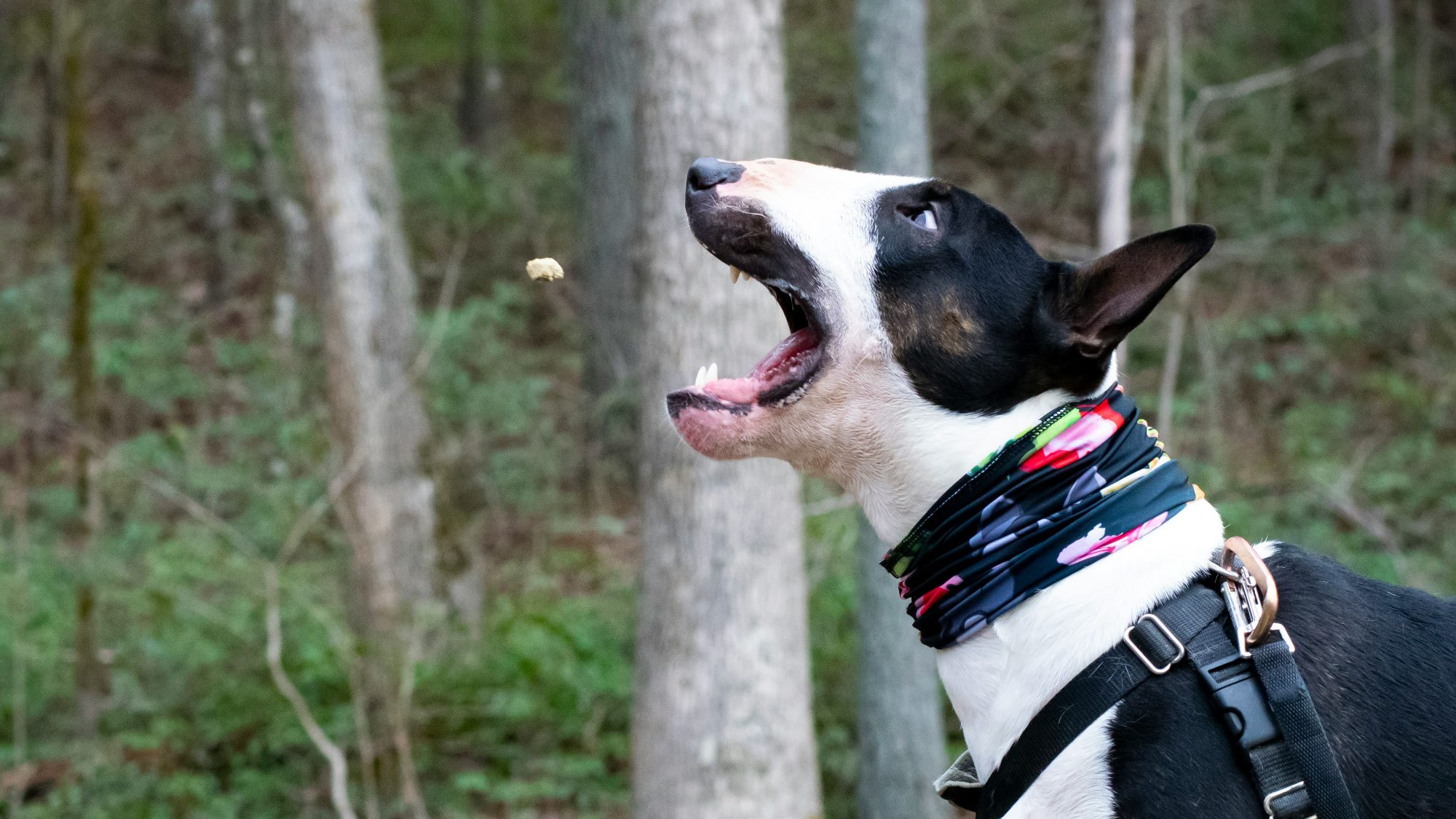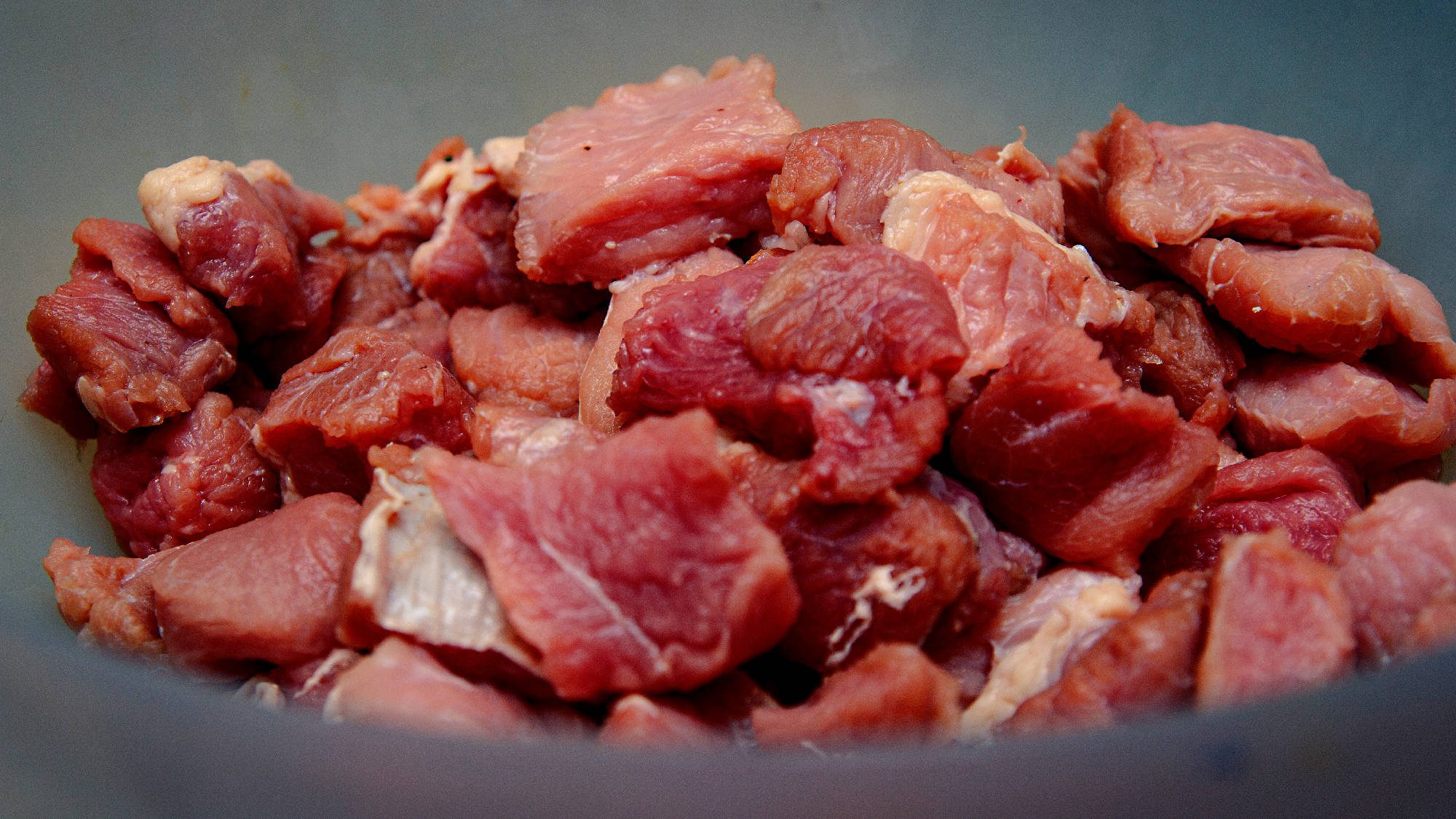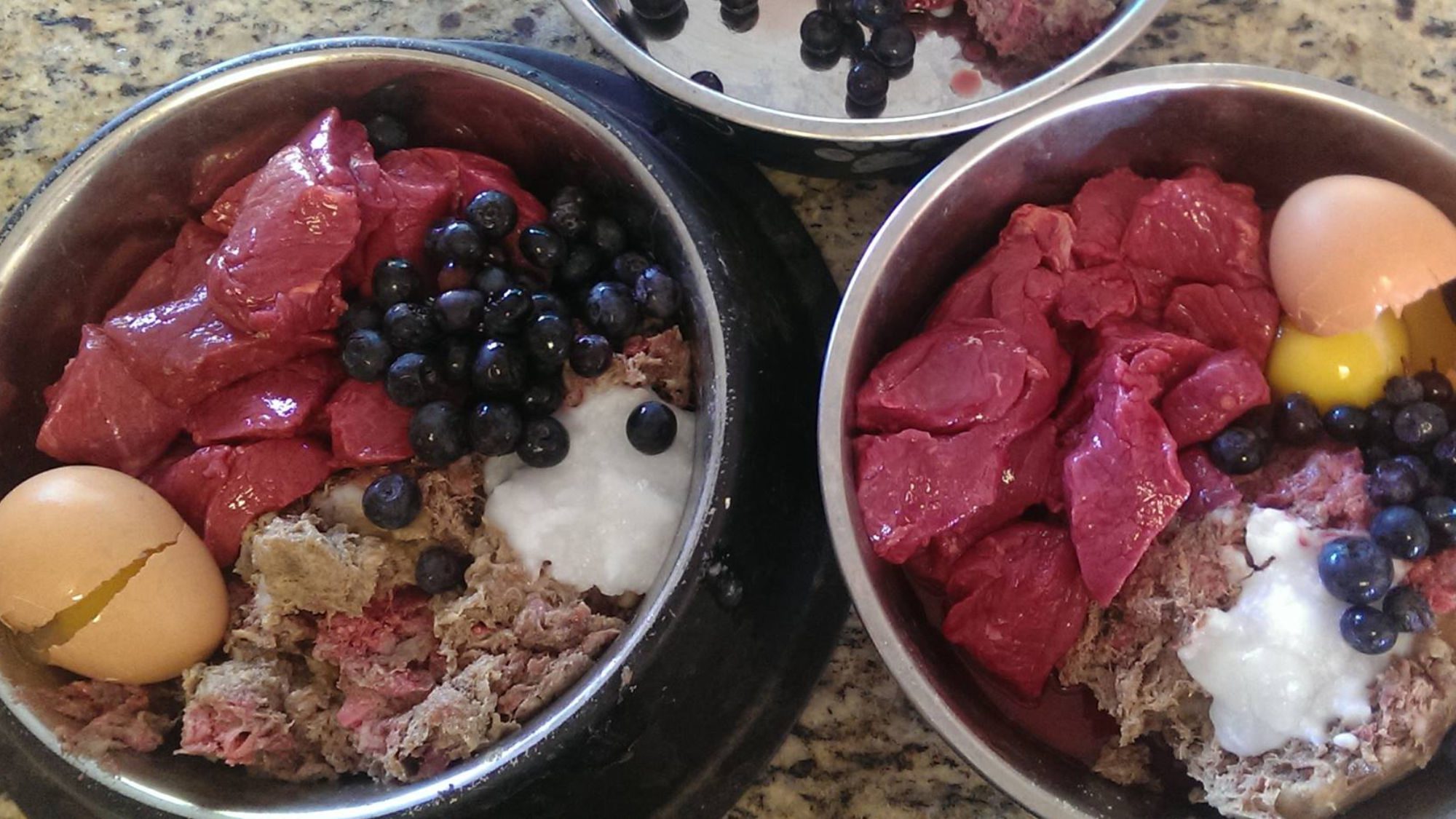Chaga mushrooms often found growing as dark, crusty formations on birch trees in cold climates, have been cherished in folk medicine for centuries. Their remarkable properties are now gaining recognition in modern veterinary care. In this guide, we’ll explore the potential advantages of incorporating chaga mushrooms into your dog’s diet and how to do it safely.
Table of Contents
What is Chaga?
Chaga is a type of fungus scientifically known as Inonotus obliquus. It typically grows on birch trees in cold climates and is recognized by its dark, crusty appearance on the tree’s bark. Despite their unassuming appearance, Chaga mushrooms have a long history of use in traditional folk medicine, earning them the nickname “the gift from god”.
Chaga is currently of interest in modern health practices due to its potential therapeutic properties and the presence of bioactive compounds that offer various health benefits. It is increasingly being explored as a dietary supplement for both humans and pets, including dogs, to support overall well-being and address specific health concerns.
Chaga mushrooms have a rich history, with recorded use dating back to the 16th century. They were revered for their potential therapeutic properties and were utilized in traditional healing practices across various cultures. In these historical accounts, Chaga was often regarded as a powerful natural remedy, offering a range of health benefits.
Can Dogs Eat Chaga?
Yes, dogs can eat chaga mushrooms in moderation. Chaga mushrooms are a good source of antioxidants and other nutrients that can be beneficial for dogs. However, it is important to note that chaga mushrooms can also contain toxins that can be harmful to dogs if consumed in large quantities. Exercise caution and consult with a veterinarian before introducing any new supplement, including chaga, into your dog’s diet.
Chaga Benefits for Dogs
Chaga mushrooms are currently gaining attention in the realm of canine health. Researchers and pet owners alike are intrigued by the possibility of integrating Chaga into a dog’s diet to promote well-being and address specific health concerns. Discover how this natural wonder can play a valuable role in supporting your furry companion’s health and vitality.
- Immune Support: Chaga mushrooms can boost and regulate the immune system, which is especially beneficial for dogs with allergies or autoimmune diseases.
- Cancer Prevention: Some studies suggest that chaga mushrooms may help reduce cancer risk and selectively target cancer cells.
- Antioxidant Rich: Chaga mushrooms are packed with antioxidants that promote heart, intestinal, and liver health while boosting energy levels.
- Anti-Inflammatory: They possess anti-inflammatory properties, potentially providing relief for conditions like inflammatory bowel disease.
- Antiviral: Chaga mushrooms may help combat viral infections due to their antiviral properties.
- Gut Health: Historically, Chaga has been used to address gastric issues and balance gut bacteria.
- Diabetes Management: Chaga can help regulate blood sugar levels, but it’s crucial to consult with a veterinarian, especially for diabetic dogs.
- Cholesterol Control: Studies indicate that chaga can decrease cholesterol levels and increase “good cholesterol,” benefiting dogs with high cholesterol or hypothyroidism.
Always consult with a veterinarian before adding chaga or any new supplement to your dog’s diet to ensure it suits their specific health requirements.
The Power of Chaga for Dogs
For centuries, chaga has held a revered place in traditional medicine, but it’s only recently that modern science has delved into its potential advantages. Extensive research has unveiled a treasure trove of bioactive compounds and health-boosting properties within chaga mushrooms, igniting curiosity about their role as a dietary supplement for both humans and pets.
These unassuming fungi carry the promise of enhancing various aspects of canine health, from fortifying the immune system to addressing specific conditions such as inflammation and high cholesterol. When approached with care and guidance from your veterinarian, Chaga mushrooms can emerge as a valuable addition to your pet’s overall well-being and vitality.








